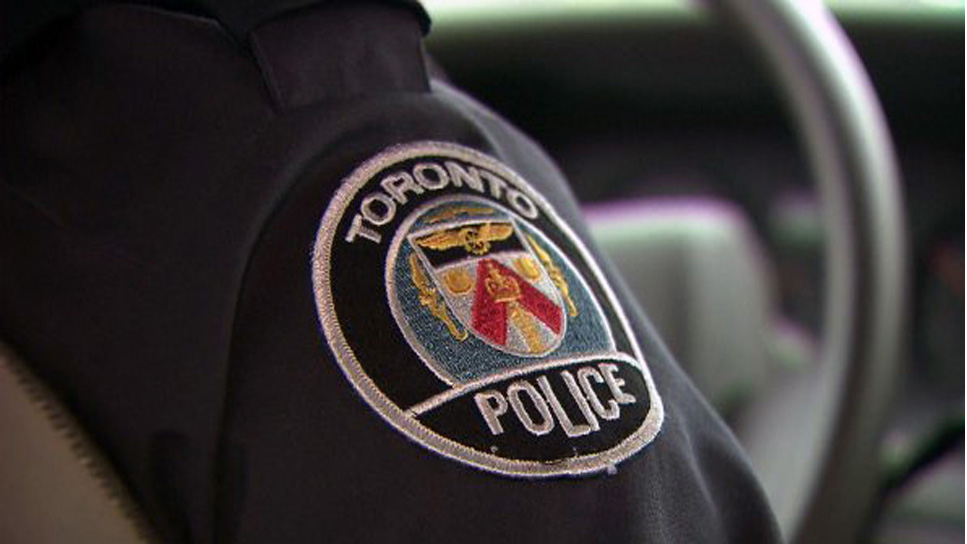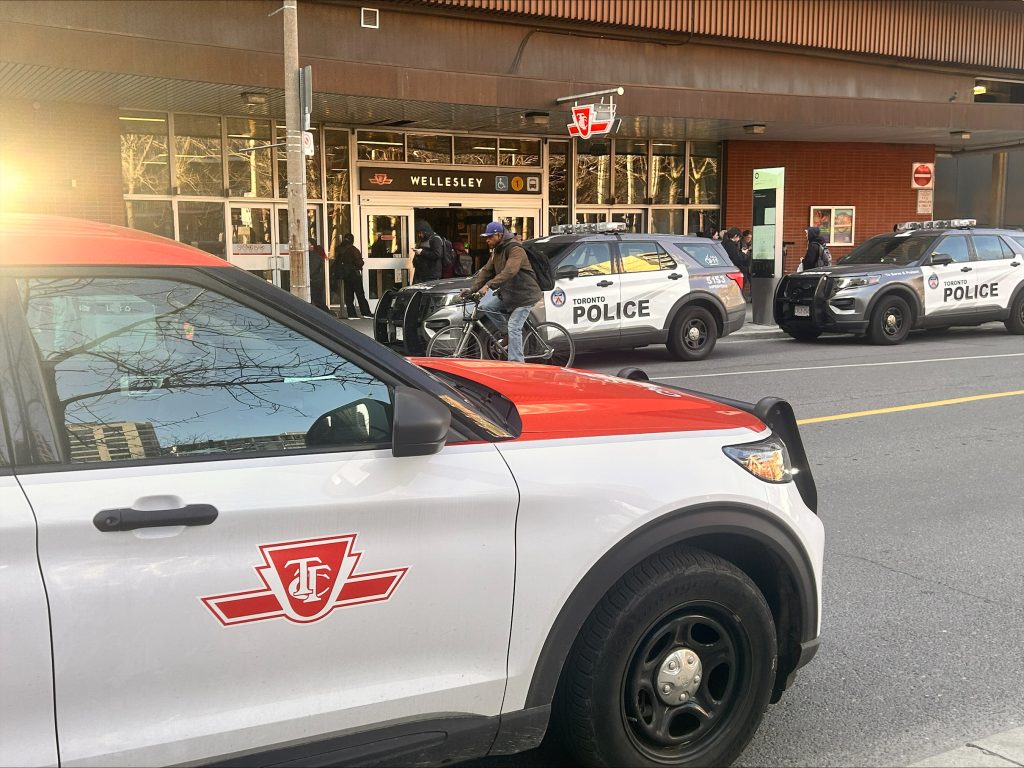Military police, prosecutors call for more rights for victims of crime
Posted September 23, 2016 1:16 pm.
Last Updated September 23, 2016 2:55 pm.
This article is more than 5 years old.
OTTAWA – Those responsible for charging and prosecuting military sex offenders and other criminals in uniform are urging what some consider to be long overdue improvements to the rights of victims in the military justice system.
In separate interviews, the military’s top prosecutor and a senior Canadian Forces military police officer said they are waiting for a victims bill of rights and victim impact statements to be introduced for military tribunals.
“We welcome those type of changes,” said Lt.-Col. Brian Frei, deputy commander of the Canadian Forces’ military police group.
“It will put an additional burden on us to keep victims informed, but it will also potentially add tools to the toolbox as well.”
Parliament passed legislation three years ago that included adding victim impact statements to the military justice system, but the regulatory changes needed to actually implement the change still haven’t happened.
Meanwhile, the previous Conservative government introduced a military victims’ bill of rights in the House of Commons in June 2015, but the legislation died a few weeks later with the federal election call.
The result is the victims of cases such as sexual assault that are tried in military court continue to be treated differently than in the civilian system.
Col. Bruce MacGregor, director of military prosecutions, said victim impact statements in particular would provide “ammunition” when it comes to sentencing perpetrators of sexual assaults and other sexual offences in military courts.
“What that means is we can try to get letters from victims or put victims on the stand on sentencing and they can explain the impact this has had,” MacGregor said. “That is something I’m very much looking forward to being able to use.”
Jordan Owens, a spokeswoman for Defence Minister Harjit Sajjan, said ensuring victims’ rights in the military justice system is a priority for the government and that officials are looking at the issue, but she was unable to provide a timeline.
“Ten years into their mandate, and fewer than two months before calling the last election, the previous government introduced legislation to address victims’ rights in the military justice system,” Owens said.
“We have been working hard to deliver the change we promised Canadians, and to address the many issues the previous government left unresolved.”
One lawyer who represents military clients says the delays are unacceptable, and that the measures would go a long way to dealing with crimes such as sexual assault in the military.
“These victims, because their crime will be prosecuted before either a summary trial or a court martial, are the only people in Canada who are disenfranchised,” said retired colonel Michel Drapeau.
“Somebody serving in a penitentiary, if he or she were assaulted, they would have access to the victims bill of rights. A Syrian refugee has access to this bill. A tourist has access to it. Except those whose crimes are prosecuted before a military tribunal.”
Drapeau questioned why the military victim’s bill of rights hasn’t been already re-introduced, given that the legislation was ready last year, and said there’s no reason it should have taken three years to implement victim impact statements.
“I could understand a month or three months,” he said. “Three years after?”
Victim impact statements have been a fixture of the civilian court system since 1988, and involve those affected by a crime explaining the impact on their lives. The statements are submitted during sentencing, and are meant to help a judge better understand the real impact of a crime.
The Canadian Victims Bill of Rights is more recent. Adopted in April 2015, it lay outs victims’ rights in terms information about criminal proceedings, as well as their rights when it comes to participation, protection and restitution. However, a special provision excluded its application in military trials.
Frei said even though the bill of rights does not apply to military trials, military police officers still have to take it into account because many cases end up being referred to civilian courts.
Forty of the 49 sexual assault cases in which military police charged a service member between January 2015 and June 2016 were referred to the civilian court system.
– Follow @leeberthiaume on Twitter.










